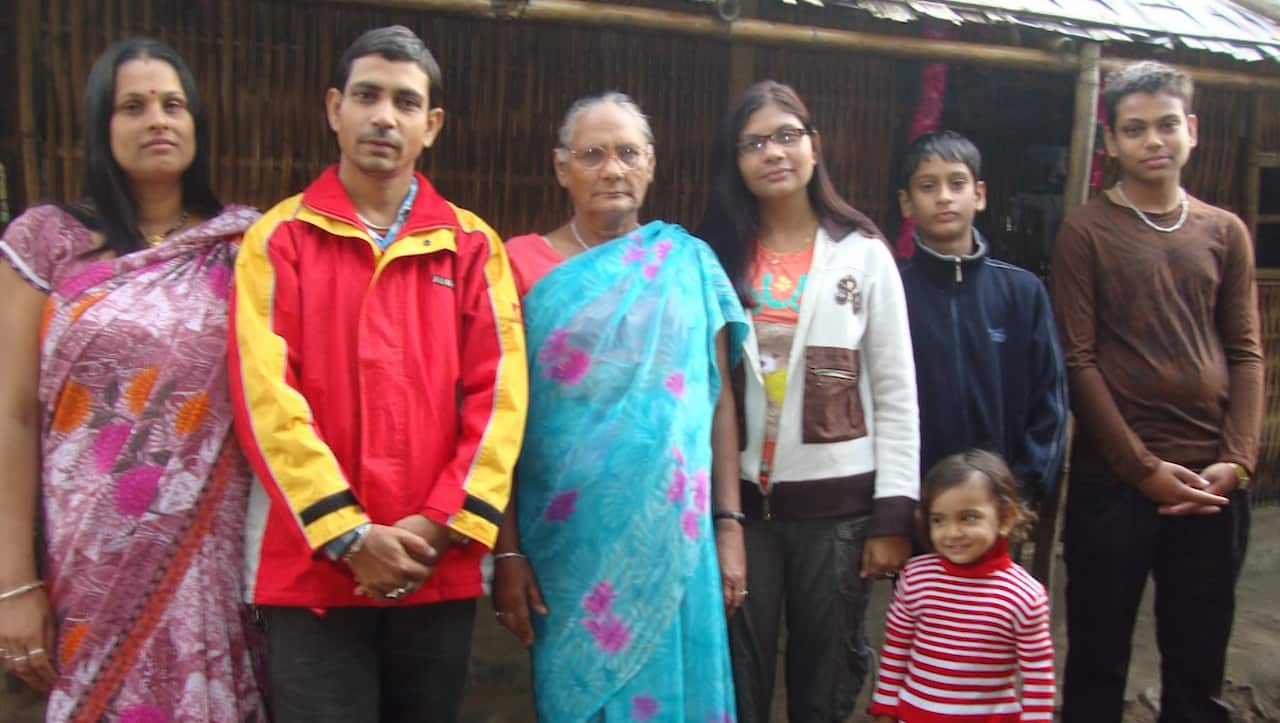There aren't many places you can go to buy a sari or Bhutanese beads in Launceston, but the Namaste Bhutanese shop has it covered.
Since 2014, Manorath Sharma has sold traditional cookware, clothes and jewellery to the city's small, but tight-knit Bhutanese refugee community.
"A lot of people who cannot speak English well, they come here and speak to me in Nepali and buy the products," he says.
Manorath ran a similar shop back in his refugee camp in Nepal, but opening a business in Australia was a daunting prospect.
Launceston's Migrant Resource Center provided the necessary support, while old colleagues back home helped finance the project.
“One of our aims also is to ensure people do feel that sense of belonging so they do stay in Tasmania,” says Ella Dixon, the CEO of the Migrant Resource Center for Northern Tasmania.
“So just being there, being able to answer questions about how to set up a business [can be a huge help]."
Political and personal upheaval
Manorath’s journey to Tasmania has been more than 20 years in the making.
In the 1990s, certain Nepali-speaking ethnic groups were forced out of Bhutan and into refugee camps in Nepal.
Thousands languished there until 2008 when the UN began resettling refugees in countries like the US, Canada and Australia. Manorath’s family eventually made their way to Launceston, where the Bhutanese refugee community now numbers around 1000 people.
Manorath’s family eventually made their way to Launceston, where the Bhutanese refugee community now numbers around 1000 people.

Manorath Sharma with his family in their refugee camp. Source: Supplied
And with a few years in business already under his belt, the Namaste shop has begun attracting a wider clientele.
"People come from different backgrounds, Afghan, Sudanese, Chinese, residents from here,” says Samundra, Manorath’s eldest son. “They buy tea and ingredients like cumin seeds, coriander powder."
A taste of home in Tasmania.
Share
Sharing business secrets of inspiring entrepreneurs & tips on starting up in Australia's diverse small business sector. Read more about Small Business Secrets
Have a story or comment? Contact Us


